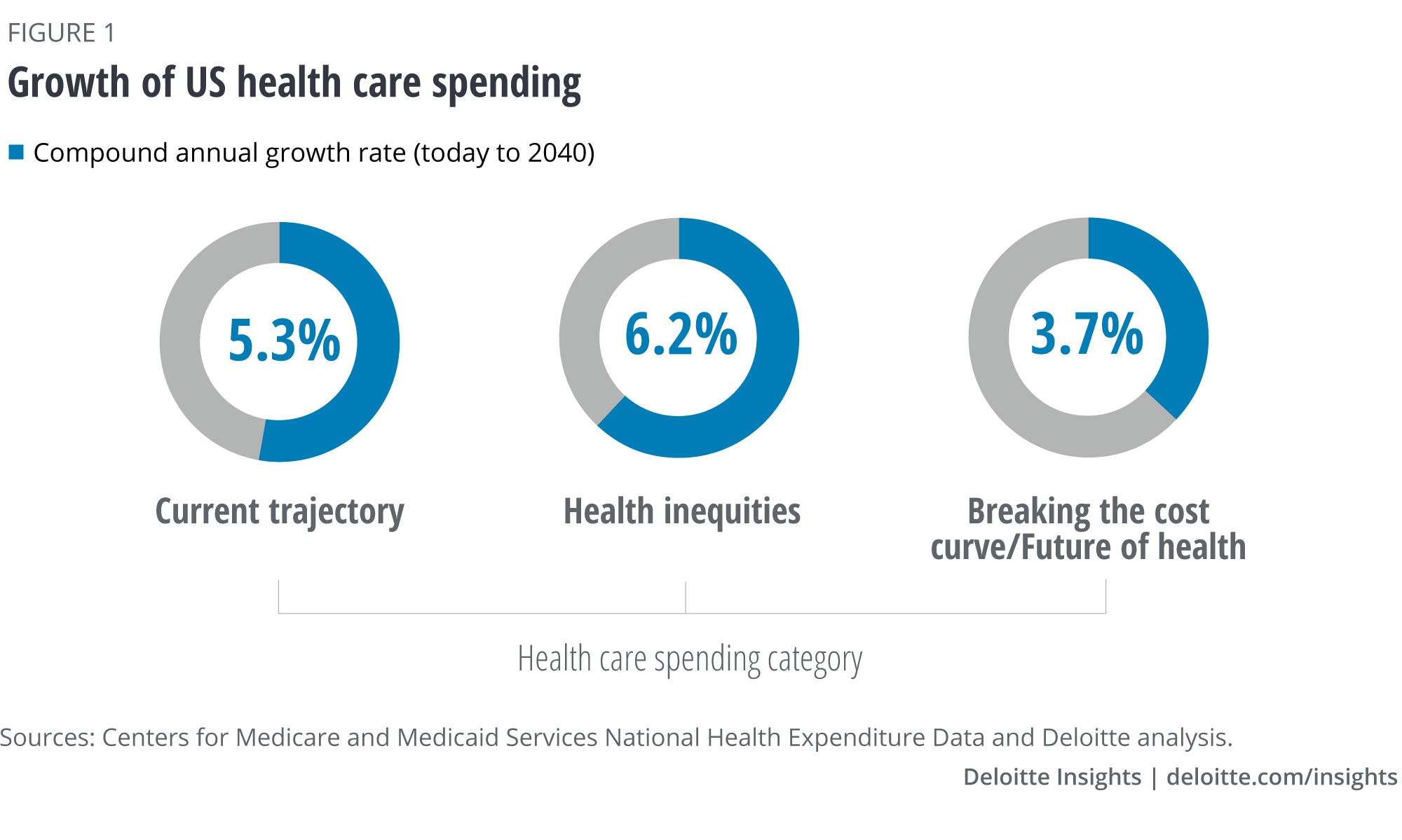Navigate The Private Credit Boom: 5 Dos And Don'ts

Table of Contents
Do Your Due Diligence: Understanding the Risks and Rewards of Private Credit
Investing in private credit, also known as direct lending, requires a thorough understanding of the risks and potential rewards. Before committing your capital, comprehensive due diligence is paramount.
Thoroughly Research Fund Managers and Their Track Records:
Choosing the right private credit fund managers is critical. Your due diligence should include:
- Analyze historical performance: Focus on risk-adjusted returns (Sharpe ratio, Sortino ratio) rather than solely on absolute returns. Look for consistent performance over various market cycles.
- Investigate the team's experience and expertise: Assess the team's tenure in private credit, their specific expertise (e.g., underwriting, portfolio management), and their overall reputation within the industry.
- Assess the fund's investment strategy: Ensure the fund's strategy aligns with your risk tolerance and investment goals. Understanding their approach to credit risk assessment is crucial.
Assess the Underlying Assets:
Don't just invest based on the fund manager's reputation; dig deep into the underlying assets:
- Carefully review the creditworthiness of borrowers: Evaluate their financial statements, credit ratings (if available), and historical payment behavior.
- Evaluate the collateral supporting the loans: Understand the type and value of collateral pledged to secure the loan. Is it sufficient to cover potential defaults?
- Understand the covenants and protective measures in place: Covenants are contractual agreements that protect lenders. Analyze their strength and enforceability.
Diversify Your Private Credit Portfolio:
Diversification is key to mitigating risk in private credit investing:
- Spread your investments: Invest across various borrowers, industries (sectors), and geographies to reduce the impact of any single default.
- Consider different private credit strategies: Explore options such as senior secured loans (lowest risk), mezzanine debt (higher risk, higher potential return), and distressed debt (highest risk, highest potential return). Each strategy has a different risk profile.
Don't Neglect Liquidity Considerations:
One of the most significant differences between private credit and publicly traded investments is liquidity.
Understand the Illiquidity of Private Credit Investments:
- Private credit investments are typically illiquid: They are not easily bought or sold on a public exchange. This means you may not be able to access your capital quickly if needed.
- Factor in potential lock-up periods: Many private credit funds have lock-up periods, restricting withdrawals for a specified timeframe.
- Limited trading opportunities: There is no readily available market for trading private credit investments. Exiting your position might require negotiation with the fund manager or finding a secondary buyer.
Ensure Alignment with Your Investment Time Horizon:
- Private credit is better suited for long-term investors: The illiquidity inherent in this asset class requires a long-term investment horizon.
- Only invest funds you don't need access to in the short term: This prevents the need for forced liquidation at potentially unfavorable prices.
Do Seek Professional Advice:
Navigating the complexities of private credit requires expert guidance.
Consult with Experienced Financial Advisors:
- Leverage expertise in alternative investments: Find advisors with proven experience in private credit and other alternative asset classes.
- Assess your risk tolerance and investment goals: A financial advisor can help you determine if private credit is an appropriate investment for your situation.
Utilize Legal and Tax Professionals:
- Ensure legal compliance: Seek legal counsel to understand and comply with all relevant regulations.
- Understand the tax implications: Consult with tax professionals to optimize your tax strategy related to private credit investments.
Don't Overlook Market Cycles and Economic Conditions:
Private credit performance is sensitive to macroeconomic conditions.
Monitor Macroeconomic Factors:
- Interest rate changes: Interest rate hikes can impact borrowing costs and the overall attractiveness of private credit investments.
- Inflation: Inflation affects the real return on your investment and the ability of borrowers to repay their loans.
- Economic growth: Economic downturns increase default risk in the private credit market.
Consider the Credit Cycle:
- Understand different phases: Be aware of the credit cycle (expansion, peak, contraction, trough) and adjust your investment strategy accordingly.
- Increased risk during later stages: Later stages of the credit cycle typically carry higher default risk.
Do Develop a Robust Due Diligence Process:
A structured approach to due diligence is essential for successful private credit investing.
Create a Structured Approach:
- Establish a clear framework: Develop a checklist and standardized documentation to ensure consistent and thorough evaluation of potential investments.
- Include quantitative and qualitative factors: Consider both financial metrics and qualitative assessments of borrower management and industry dynamics.
Conclusion:
The private credit boom offers exciting opportunities for savvy investors, but success requires a careful and informed approach. By diligently following the dos and don'ts outlined above – conducting thorough due diligence, managing liquidity risks effectively, seeking professional advice, understanding market cycles, and implementing a robust due diligence process – you can increase your chances of navigating this dynamic market successfully and benefiting from the potential rewards of private credit investing. Remember to thoroughly research and understand the risks involved before investing in private credit. Don't hesitate to seek professional advice to help you navigate the private credit boom effectively.

Featured Posts
-
 The Economic Fallout Assessing Trumps Impact On Americas Financial Power
Apr 22, 2025
The Economic Fallout Assessing Trumps Impact On Americas Financial Power
Apr 22, 2025 -
 The Fracturing Relationship Understanding The Breakdown In U S China Relations And Its Implications
Apr 22, 2025
The Fracturing Relationship Understanding The Breakdown In U S China Relations And Its Implications
Apr 22, 2025 -
 Papal Conclaves Explained The Process Of Selecting A New Pope
Apr 22, 2025
Papal Conclaves Explained The Process Of Selecting A New Pope
Apr 22, 2025 -
 Pandemic Fraud Lab Owners Guilty Plea On False Covid Tests
Apr 22, 2025
Pandemic Fraud Lab Owners Guilty Plea On False Covid Tests
Apr 22, 2025 -
 Nintendos Action Leads To Ryujinx Emulator Development Cessation
Apr 22, 2025
Nintendos Action Leads To Ryujinx Emulator Development Cessation
Apr 22, 2025
